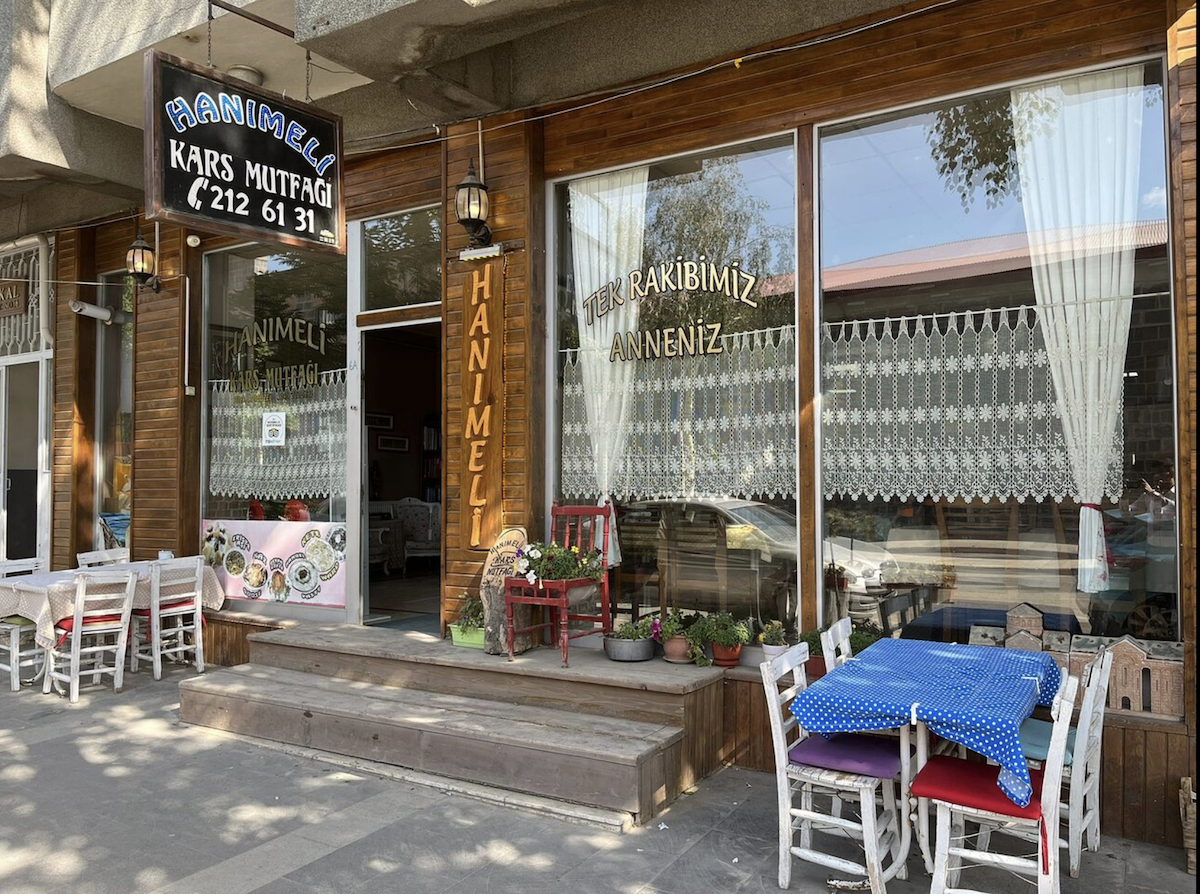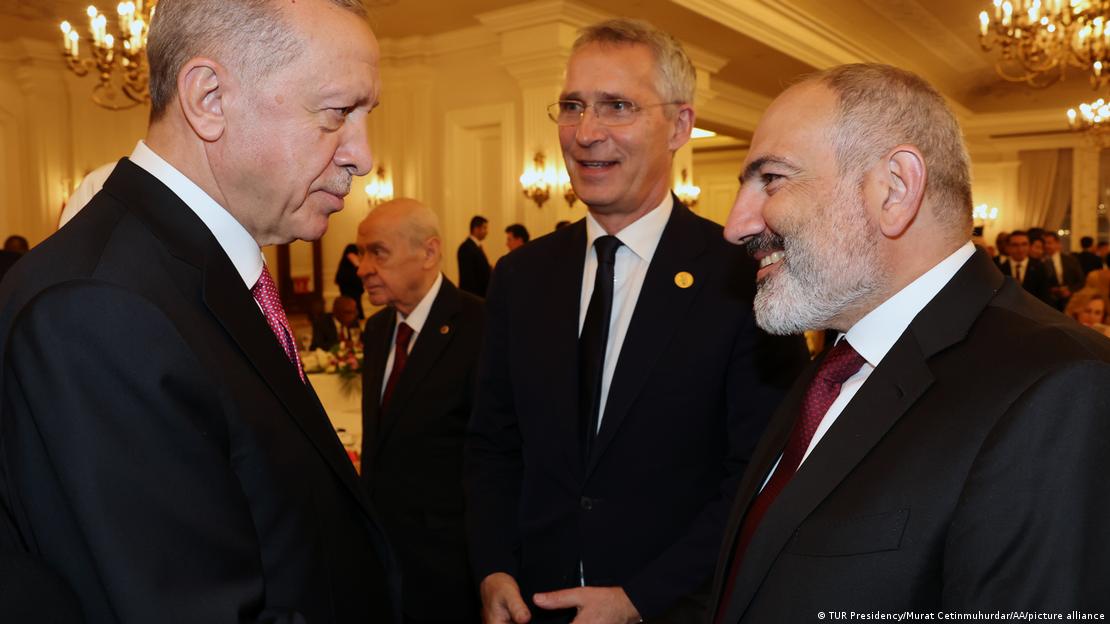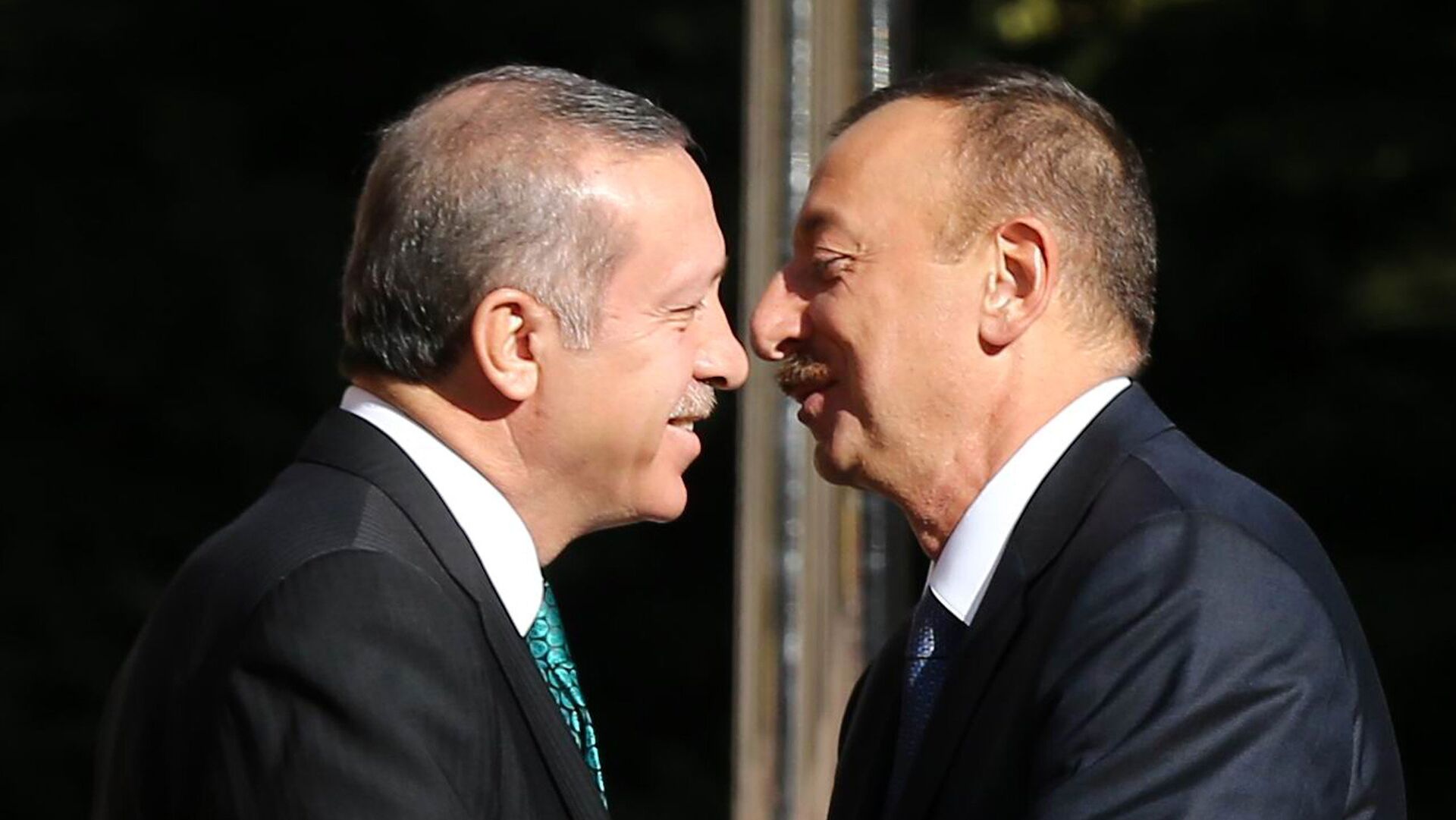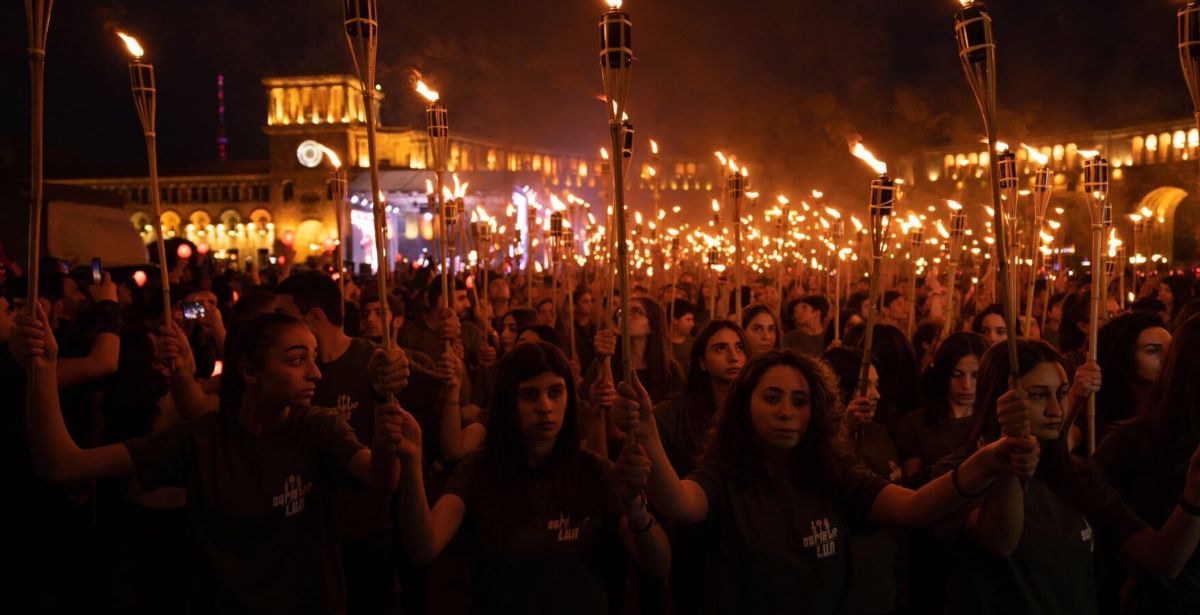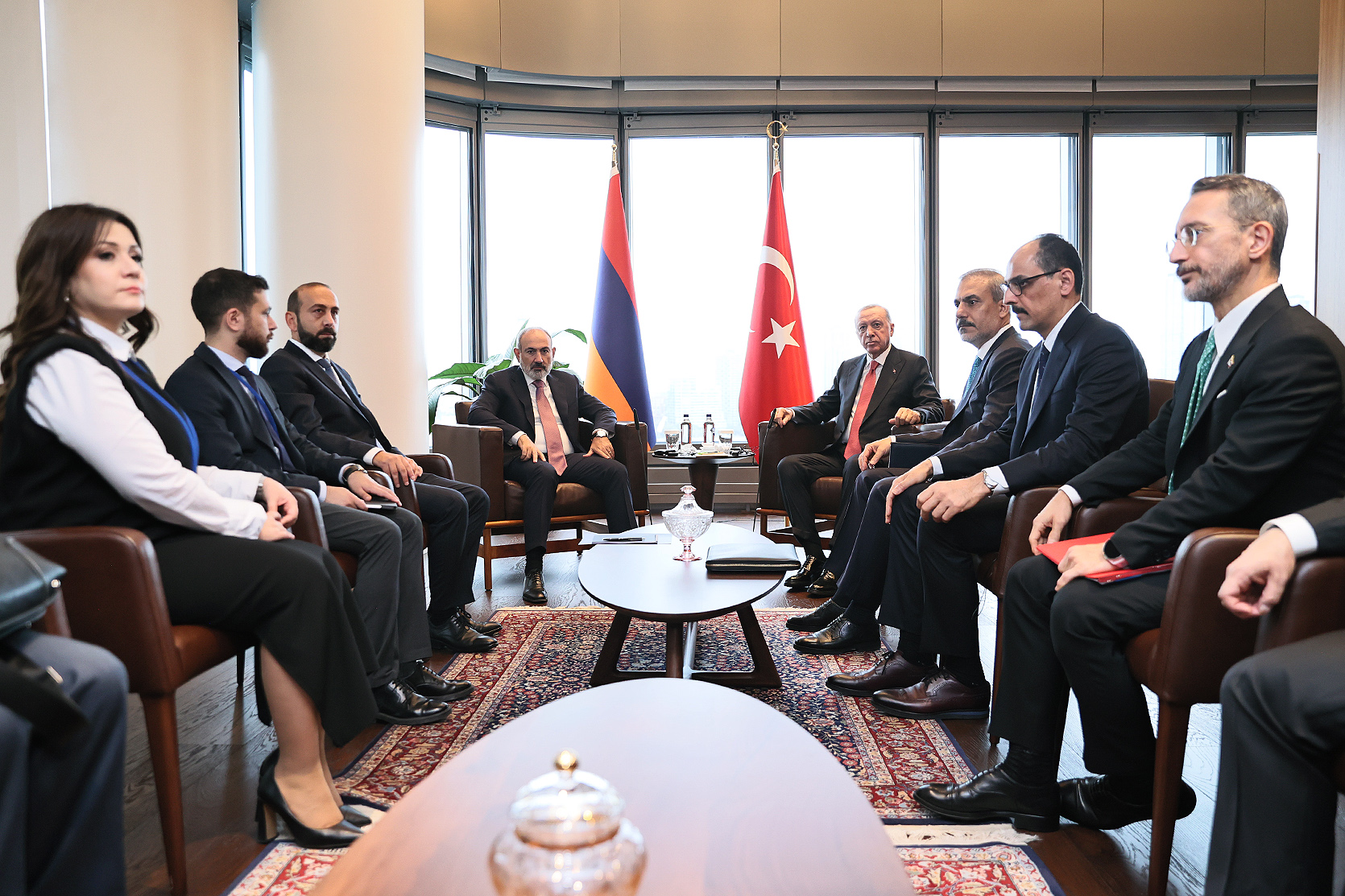
On the Pashinyan-Erdoğan meeting in New York
Regarding the meeting between Armenian prime minister Nikol Pashinyan and Turkish president Recep Tayyip Erdoğan, which took place in New York, the Armenian side has provided very limited information. The official statement indicates that the leaders discussed the steps already taken and existing agreements within the framework of normalizing Armenian-Turkish relations.
Immediately following the publication of Turkish media about their potential meeting during the 79th session of the UN General Assembly, Yerevan announced that ambassadors from EU countries accredited in Armenia visited the Margara checkpoint on the Armenian-Turkish border.
However, political analyst Hakob Badalyan does not believe there will be significant pressure from the EU on Turkey to finally open the Armenian-Turkish border, considering such expectations unrealistic. He suggests that Europeans may only attempt to persuade Ankara. In an interview with JAMnews, Badalyan said that Turkey will seek to “sell the resolution of this issue at a high price across all fronts,” meaning to all its international partners.
In his view, the West may use “soft power” to pressure Yerevan into reaching an agreement with Baku, which in turn could lead to progress in Armenian-Turkish normalization.
“This would address the strategic problem of establishing a status quo in the Caucasus, which would fundamentally weaken the influence of Russia and Iran. In this matter, Turkey is seen as a key partner,” he emphasized.
Turkey officially recognized the independence of the Republic of Armenia in December 1991. However, diplomatic relations between the two countries have not yet been established. Turkey unilaterally closed the land border between the countries in 1993. It was briefly opened for a few hours in February 2023 to allow Armenian trucks carrying humanitarian aid to enter the earthquake zone in Turkey.
Discussions about normalizing Armenian-Turkish relations intensified after the 2020 Karabakh war. The normalization process is taking place bilaterally, but the Turkish side continually emphasizes that it coordinates its agenda for negotiations with Yerevan with Baku.
On the Pashinyan-Erdoğan meeting in New York
- Special representatives of Armenia and Turkey met at the border: what was agreed upon
- “By providing a corridor, Armenia can request a road to the Black Sea.” Opinion
- Will the Armenian-Turkish border open? Reportage from an Armenian border village
Summary of the meeting between Pashinyan and Erdoğan
Following their meeting, Yerevan reported that prime minister Nikol Pashinyan and president Recep Tayyip Erdoğan “thoroughly discussed” the steps already taken towards normalizing relations and the agreements that have been reached, as well as regional issues.
“Prime minister Pashinyan informed president Erdoğan about the current situation regarding the normalization of relations between Armenia and Azerbaijan, the readiness to sign a settlement agreement, and the ‘Crossroads of Peace’ project, which is an initiative of the Armenian government,” the statement said.
In December 2021, Yerevan and Ankara expressed their readiness to take steps towards normalizing relations, appointing special representatives for this process. They have met five times since, but there have been no significant breakthroughs in the negotiations.
The last meeting took place on July 30 at the Armenian-Turkish border, where the parties agreed to “assess technical needs in line with regional developments to ensure the operation of the Akhurik/Akya border railway crossing, as well as mutually simplify visa procedures for holders of diplomatic passports.” However, there is no information available on the progress of these agreements.
Two years ago, after a meeting of special representatives on July 1, 2022, it was reported that they had agreed to start direct air cargo transport between Armenia and Turkey and to allow citizens of third countries to cross the Armenian-Turkish land border. In January 2023, the ban on direct air cargo transport was lifted. However, no progress has been observed regarding the opening of the border.
On the Pashinyan-Erdoğan meeting in New York
Commentary by political analyst Hakob Badalyan
Armenian-Turkish normalization as a bargaining chip for Ankara
“It is clear that the phrase ‘without preconditions,’ which accompanies all reports about the normalization process with Turkey, is a diplomatic standard. It is evident that these preconditions are very clearly defined. Erdoğan’s statement that peace between Yerevan and Baku will also facilitate Armenian-Turkish normalization clearly indicates Turkey’s position. It will take steps only if an agreement is reached in the Yerevan-Baku negotiations.
‘Without preconditions’ means equal to equal. We should not harbor illusions that Ankara will come to the negotiating table today, viewing Armenia as an equal partner.
Turkey views the normalization of relations with Armenia as a bargaining matter with major players, including recognition of its superiority in the Caucasus.”
Ankara will never take the first step
“Turkey is an influential player in the Caucasus processes. This has been an evident reality, especially since the 44-day war in 2020. Turkey has established its role in that war, effectively penetrating the Caucasus through military actions.
While there is no mention of mediation in the Armenian-Azerbaijani settlement process, Turkey is a significant player that influences this process.
Erdoğan stated in New York that Ankara supports the peace process between Yerevan and Baku, and success in this process could also bring progress in Armenian-Turkish relations. In other words, he proclaimed from the UN podium his approach: Turkey will not take any steps in Armenian-Turkish relations if it does not follow any progress in the Armenian-Azerbaijani peace process. Turkey will never take the first step.
This reflects Turkey’s position of superiority in the Caucasus. Ankara believes that any advancement in relations with Armenia is not the result of an equal discussion between Armenia and Turkey, but rather a reward from Turkey to Armenia if Yerevan agrees to normalize relations with Baku.”
Refusal to recognize the Armenian Genocide as a precondition
“Turkey views the issue of the Armenian genocide as a key precondition for normalizing relations with Armenia. Ankara wants Yerevan to distance itself legally and politically from the genocide issue, particularly regarding references in Armenia’s Declaration of Independence and Constitution.
The Azerbaijani government states that Armenia’s constitution is a major obstacle to signing a peace treaty. This is due to the mention of the historical connection between Armenia and Nagorno-Karabakh in the declaration, which also calls for international recognition of the 1915 genocide.
Aliyev has addressed both the genocide and the Nagorno-Karabakh issue, indicating that Azerbaijan often reiterates Turkey’s preconditions. Turkey believes presenting such preconditions would elevate Armenia’s political status, so it has delegated this responsibility to Azerbaijan instead”.
Turkey’s firm stance on the Zangezur Corridor
“Finding a mutually acceptable solution with Turkey for unblocking regional communications seems unlikely. Turkey will not back down from its demand for the Zangezur corridor, which connects Azerbaijan to its exclave Nakhchivan and is seen as part of a larger Turkic world strategy.
Armenia insists it will not allow corridors that compromise its sovereignty, marking a red line for the government. They are open to unblocking communications but maintain control over their territory.
Regarding third-country citizens, if Turkey agrees to open the Armenia-Turkey border only for them, it likely benefits Azerbaijanis traveling to Turkey. This highlights that road access must be resolved for the border opening to be meaningful. Without agreement on the roads, Turkey may not fulfill the normalization commitments made by representatives, as Yerevan’s concessions on road issues would be necessary for progress”.
On the Pashinyan-Erdoğan meeting in New York

